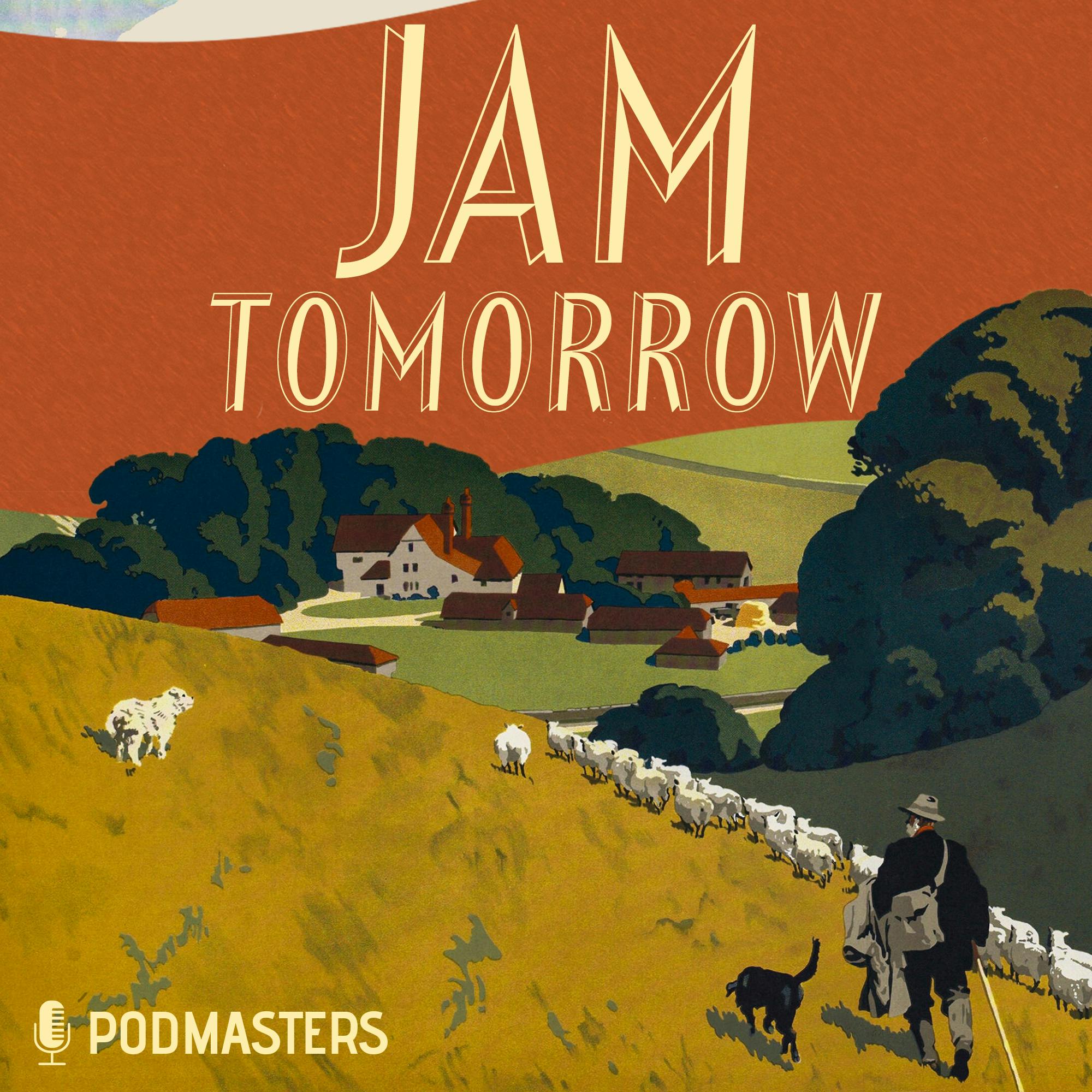Ugandan Migration: 90 Days to Leave
Description
The expulsion of Asians from Uganda in 1972 was brutal.
Twenty eight thousand refugees arrived in Britain. The government scrambled to find homes and jobs for them.
Not everyone was pleased about it. But if Ugandan Asians held British passports they had the right to come here — and most of them thrived. Why did they do well — and can it teach us anything about how we treat refugees?
Neena Lakhani was 14 when she was forced to leave Uganda. She tells Ros Taylor what it was like to start a new life in Britain, while King’s College London professor Jonathan Portes talks about what happened to the East Asian migrants who arrived.
‘My father said please don’t touch my children. You can kill me but don’t kill my children.’ - Neena Lakhani
‘Everybody around us was welcoming, and that was such a joy.’ - Neena Lakhani
‘The benefits of promoting successful integration, as we know with the East African Asians, are very large.’ - Jonathan Portes
JAM TOMORROW is written and presented by Ros Taylor. The producer is Jade Bailey. Voiceovers are by Seth Thevoz. Music is by Dubstar and artwork by James Parrett. The managing editor is Jacob Jarvis and the group editor is Andrew Harrision. JAM TOMORROW is a Podmasters production.
Learn more about your ad choices. Visit podcastchoices.com/adchoices
More Episodes
What does it mean to be Welsh?
The writer Jan Morris said Wales was ‘a distinctly separate and often vehement idea’. But what is that idea? Do you need to understand Welsh to grasp it?
How is Wales … different? And is it going to become even more unlike England?
Ros Taylor talks to Swansea...
Published 10/15/24
Published 10/15/24
In 1969, three kilometres under the North Sea, drillers found something that would change Britain completely.
It would transform us into an oil-producing nation, fuel Thatcherism in the 1980s, feed resentment in Scotland — and yet all of it happened largely out of sight of most Britons.
How did...
Published 09/17/24


